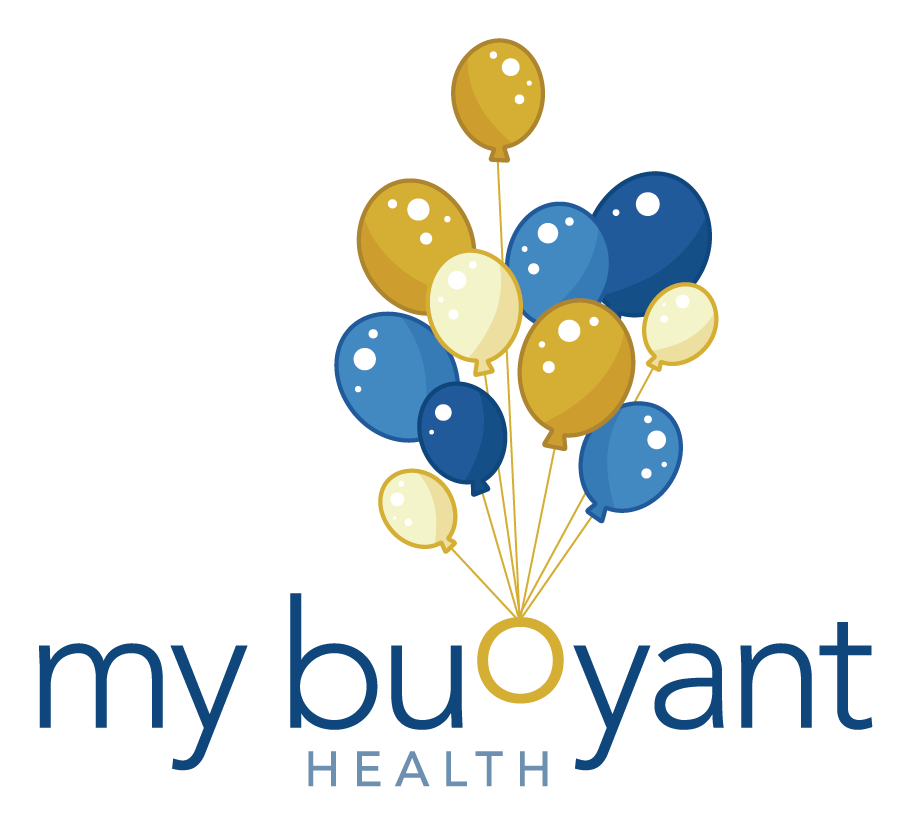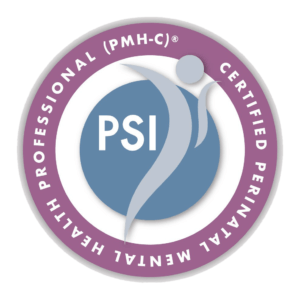
Major depression is far more than merely feeling sad or having a bad day. A major depressive episode can make daily activities feel impossible. You may struggle to get out of bed, work, or connect with others.
Recovery from major depression takes time and the right support. Understanding what you are experiencing helps you take the first steps toward healing. Professional help and proven treatments can guide you through this difficult period.
Defining Major Depressive Episodes
A major depressive episode involves persistent feelings of sadness, hopelessness, or emptiness for at least two weeks. These feelings interfere with your ability to function in daily life. They affect the way you think, feel, and handle everyday activities.
In the midst of a major depressive episode, you may experience several symptoms all at once. Common signs include loss of interest in activities you once enjoyed, changes in appetite or weight, and sleep problems. Many people also feel worthless, guilty, or have difficulty concentrating.
Physical symptoms often accompany emotional ones. You might feel tired all the time, experience headaches, or notice unexplained aches and pains. Some people have thoughts of death or suicide during severe episodes.
Depression affects everyone differently. Your experience may not match exactly what others describe. The key factor is that symptoms persist and significantly impact your daily functioning.
Immediate Steps to Take During an Episode
When you have a major depressive episode, it is important to take action. Here are some tips to follow:
Establish a Daily Routine
Depression often disrupts normal routines. Creating a simple daily structure can provide stability during difficult times. Start with basic activities like getting dressed, eating meals, and maintaining personal hygiene.
Write down a simple schedule that includes wake-up time, meals, and bedtime. Keep your routine realistic and achievable. Small accomplishments can build momentum toward feeling better.
Prioritize Sleep
Depression commonly causes sleep problems. You might sleep too much, too little, or have poor quality sleep. Good sleep habits support mental health recovery.
Make an effort to go to bed and wake up at the same time each day. Create a calming bedtime routine without screens for at least one hour before sleep. If you simply cannot sleep, avoid laying awake in bed for long periods.
Focus on Basic Nutrition
Depression can cause significant changes in your appetite and eating patterns. Some people lose interest in food while others overeat. Maintaining basic nutrition supports your body and brain during recovery.
Eat regular meals even if you aren’t hungry. Choose simple, nutritious foods like fruits, vegetables, and whole grains. Also, be sure to stay hydrated by drinking water throughout the day.
Stay Connected
Depression often makes you want to isolate yourself from others. However, maintaining some social connections is important for recovery.
Reach out to trusted friends or family members. Let them know you are struggling and may need support. Even brief conversations or text messages can help you feel less alone.
Professional Treatment Options
You should consider getting professional help if making changes on your own is not helping you feel better. Here are some professional treatments to consider:
Therapy and Counseling
Therapy provides a safe space to explore your thoughts and feelings with a trained professional. Several types of therapy effectively treat major depression. Cognitive behavioral therapy helps you identify and change negative thought patterns.
Talk therapy allows you to process emotions and develop healthy coping strategies. Many people find relief through regular therapy sessions. Your therapist can help you understand triggers and build resilience.
Group therapy connects you with others who understand depression. Sharing experiences with peers can reduce feelings of isolation and shame.
Medication Management
Antidepressant medications can help balance brain chemicals that affect mood. Several types of antidepressants are available. Your doctor will work with you to find the right medication and dosage.
Medications often take several weeks to show full effects. It is important to take them as prescribed even if you do not feel better immediately. You should not stop taking antidepressants suddenly without medical supervision.
Some people need to try different medications before finding one that works. This process requires patience and close communication with your healthcare provider.
Combination Approaches
Many people benefit from combining therapy with medication. This approach addresses both the psychological and biological aspects of depression. Major depressive disorder therapies work best when tailored to your specific needs.
Your designated treatment team might include a therapist, a psychiatrist, and your primary care doctor. Coordinated care ensures all aspects of your mental health are addressed.
How My Buoyant Health Can Support Your Recovery
My Buoyant Health offers comprehensive mental health services designed to support you through major depressive episodes. Our experienced team understands that depression affects each person differently, providing personalized care that addresses your unique needs and circumstances.
Our major depression treatment services include individual therapy, medication management, and support group options. We use evidence-based major depressive disorder therapies that are proven effective for lasting recovery.
The team at My Buoyant Health includes licensed therapists and psychiatrists who specialize in depression treatment. We work together to create comprehensive treatment plans that address all aspects of your mental health.
We also provide ongoing support throughout your recovery journey that includes regular check-ins, medication monitoring, and adjustments to your treatment plan as needed. Our goal is to help you not just manage symptoms but build a fulfilling life.
Recovery from Major Depression in Phoenix, Arizona
Major depression is a serious but treatable condition. Getting through a major depressive episode requires professional help, personal commitment, and time. With the right support and treatment approach, recovery is possible.
Do not wait to seek help if you are experiencing symptoms of major depression. Early intervention for depression often results in better outcomes and a faster recovery. Professional treatment can provide relief and teach you skills for long-term wellness.
If you are ready to take the next step toward recovery, contact My Buoyant Health today. You can reach our office by calling (602) 510-6582 or using our online contact form to request an appointment with one of our mental health professionals.
We are here to help you navigate through depression and build a path toward wellness and hope.




